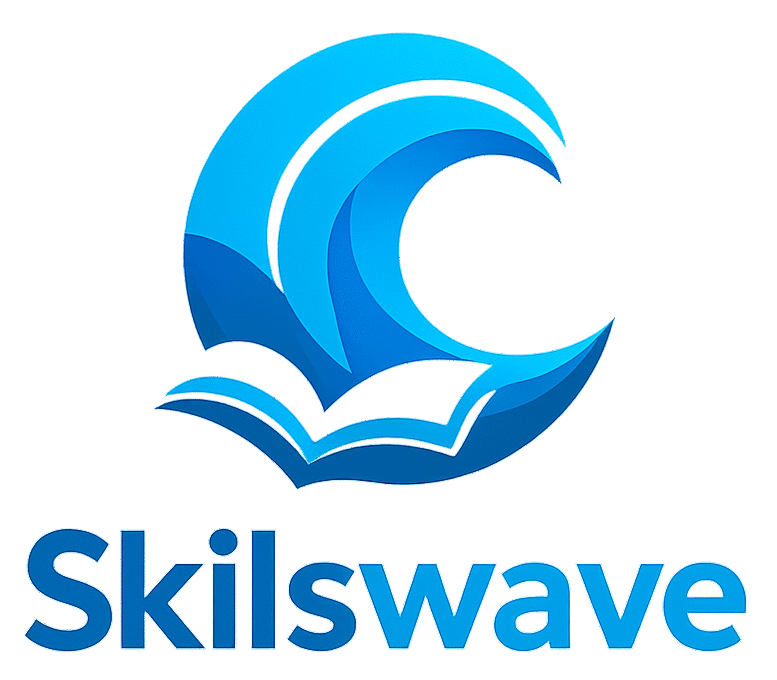 Earning a high-demand certification online can really improve your chances in the job market. Here you’ll find answers to common questions about top online courses that lead to certifications employers need.
Earning a high-demand certification online can really improve your chances in the job market. Here you’ll find answers to common questions about top online courses that lead to certifications employers need.
Q1: Which online certifications are most in demand?
A1: Certifications in fields like cloud computing (such as AWS Certified Solutions Architect), cybersecurity (like CompTIA Security+), project management (PMP), and data analytics (Google Data Analytics Professional Certificate) are valued in many industries. Many employers look for people who have completed these programs because they show up-to-date skills and real-world knowledge. Other trending certifications include Microsoft Azure Fundamentals, Certified ScrumMaster (CSM), and Cisco Certified Network Associate (CCNA). These certifications suit anyone interested in digital transformation, agile management, and advanced networking, making them popular among professionals who want to stay competitive.
Q2: What are the top online course platforms for earning these certifications?
A2: I often recommend platforms like Coursera, Udemy, LinkedIn Learning, and edX. Coursera and edX team up with top universities and companies, so their certificates carry extra credibility. Udemy offers a big collection of affordable, focused courses. LinkedIn Learning helps by linking new skills to your professional profile, which makes it easier to show off your certification to employers. These sites also provide flexible schedules, interactive content, and options for both beginners and seasoned professionals, making learning fit easily into your life.
Q3: How do I know if a certification course is trustworthy?
A3: I always check the course’s provider, reviews from past learners, and whether the certification is recognized by industry groups. Many courses have a direct link to organizations like Google, Microsoft, or Cisco, which adds a layer of trust. Past student feedback helps spot any red flags, and employer recognition often shows up in job postings asking for that certification. You can also track down recommendations from online communities or professional groups to get the inside scoop before signing up. This research helps you feel confident that the certification will actually give a boost to your resume.
Q4: Are there any prerequisites I should know about before signing up?
A4: Some courses, like entry level IT certifications, don’t need any previous experience. Others, such as the PMP (Project Management Professional), ask for documented work hours or an existing degree. It’s really important to read the course description and see what’s required before signing up. This step saves time and avoids surprises down the road. For instance, some advanced cloud or cybersecurity certifications ask for foundational knowledge, while others provide preparatory modules to help you keep up. Double-check these details so you’re not caught off guard.
Q5: What kinds of jobs can these certifications help me get?
A5: Earning a certificate in cloud computing can lead to jobs as a cloud engineer or solutions architect. Cybersecurity credentials open doors to roles like security analyst or systems administrator. Data analytics certification leads many people to business intelligence or data analyst jobs. Project management certificates are helpful for roles in IT, healthcare, construction, and many other fields. From my experience, these certifications help you stand out in crowded job markets. They can also help you make a career switch or step up to management roles, especially when combined with real-world experience or a degree.
I’ve seen people use popular online certifications to launch new careers, earn promotions, or even switch industries. Taking one of these courses is a practical move if you want skills that are valued by employers and recognized worldwide. Always take time to research course providers and match certifications with your career goals. Doing this gives you the best shot at making real progress and gives a boost to your professional future.
